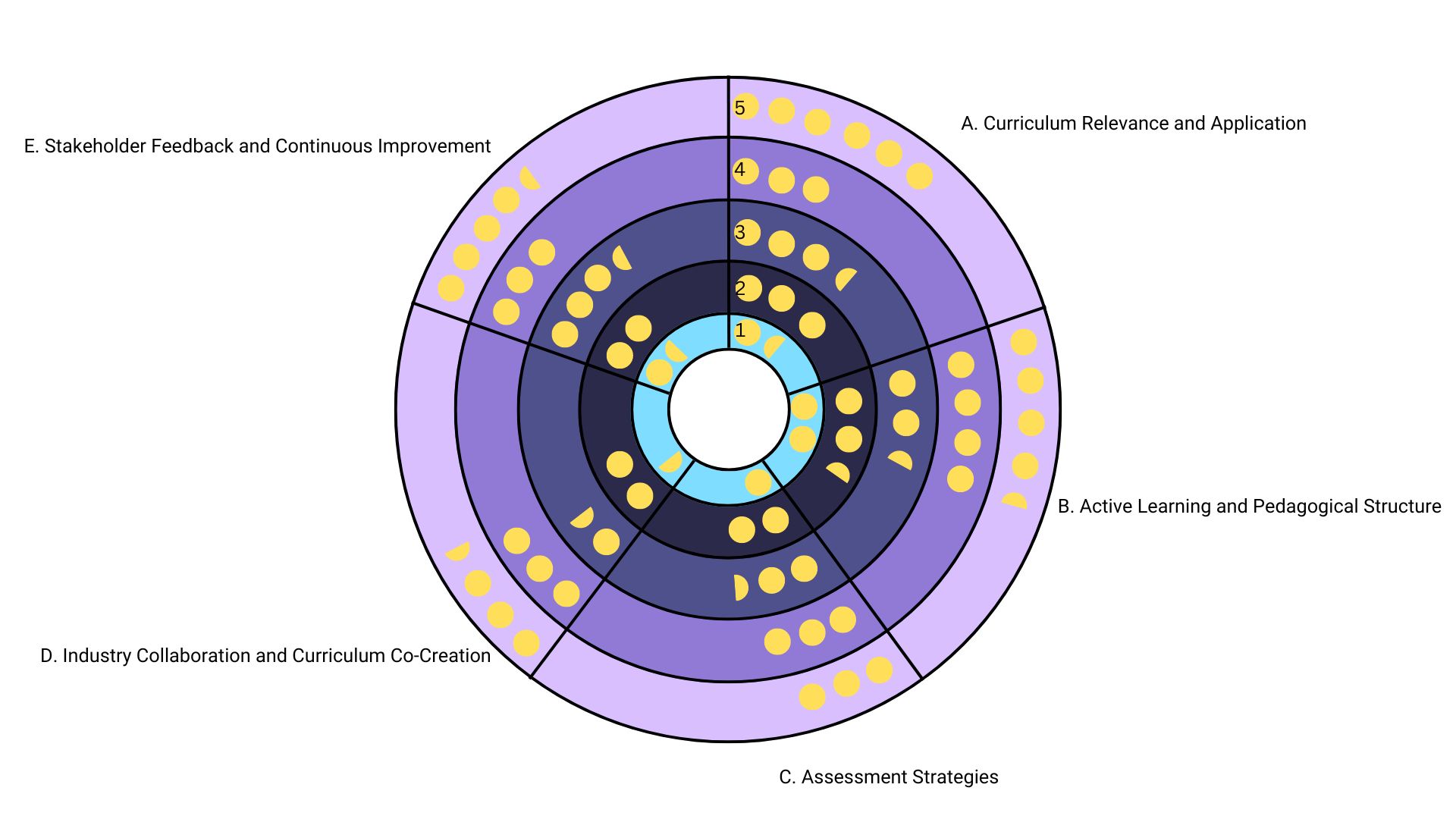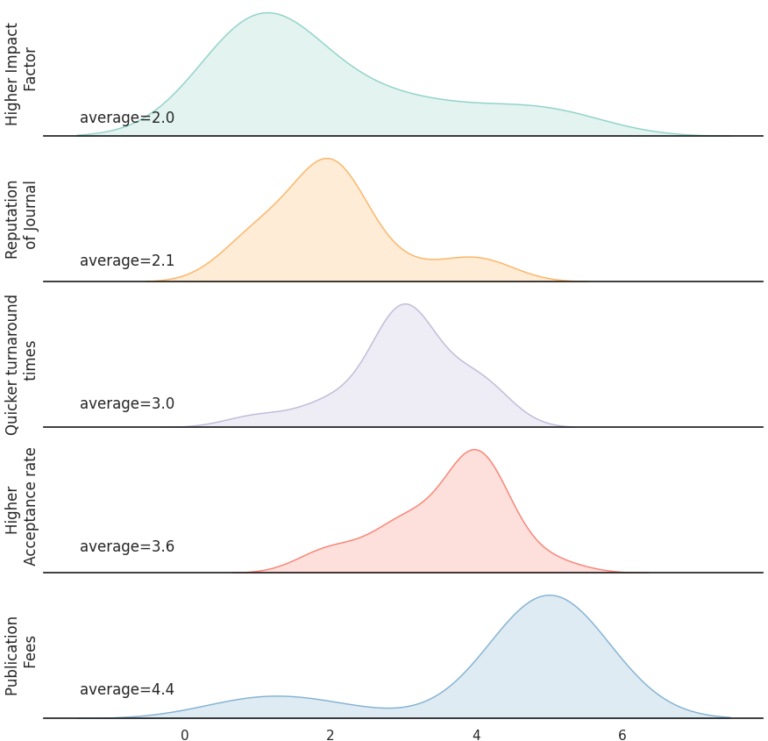Project Outcomes
This landscape analysis research project, in partnership with ASME India Pvt. Ltd., evaluated the effectiveness of the Mechanical Engineering (ME) curriculum in Indian universities, focusing on its alignment with industry demands, Industry 4.0 technologies, and sustainability. The goal was to identify skill gaps between academic training and industry needs, aiming to reduce “time to talent”—the period it takes graduates to become productive in industry roles. The project involved desk research and stakeholder engagement, including surveys and interviews with 41 students, 12 academicians, and 12 industry professionals. Key reports analyzed included the Autodesk-ASME Future of Manufacturing, the National Employability Report for Engineers, the AICTE Model Curriculum, and the NBA Accreditation Framework for Engineering Programmes. Expert insights from Dr. Geraldine Gooding (ASME) and Dr. Jonathan Truslove (EWBUK) provided additional global best practices. The stakeholder engagement revealed critical gaps, with 88.9% dissatisfaction among industry professionals regarding graduate readiness and 70.7% of students feeling the curriculum is misaligned with industry needs. The analysis identified factors widening the Time to Talent, shaping the development of a Curriculum Evaluation Toolkit—The Compass, and a roadmap towards zero Time to Talent. The Curriculum Evaluation Compass Toolkit, consisting of five key parameters and 25 indicators, assesses curriculum relevance, active learning, industry collaboration, and continuous improvement. Scalable across 192 technical universities, the toolkit can impact over 1.5 million engineering students annually. A five-stage roadmap for curriculum transformation offers actionable steps to achieving zero Time to Talent. This toolkit marks a critical step towards modernizing engineering education in India, ensuring curricula align with technological advancements and prepare students more effectively for emerging job markets, thus significantly reducing their adaptation time in professional environments.

Curriculum Assessment Toolkit – The Compass
